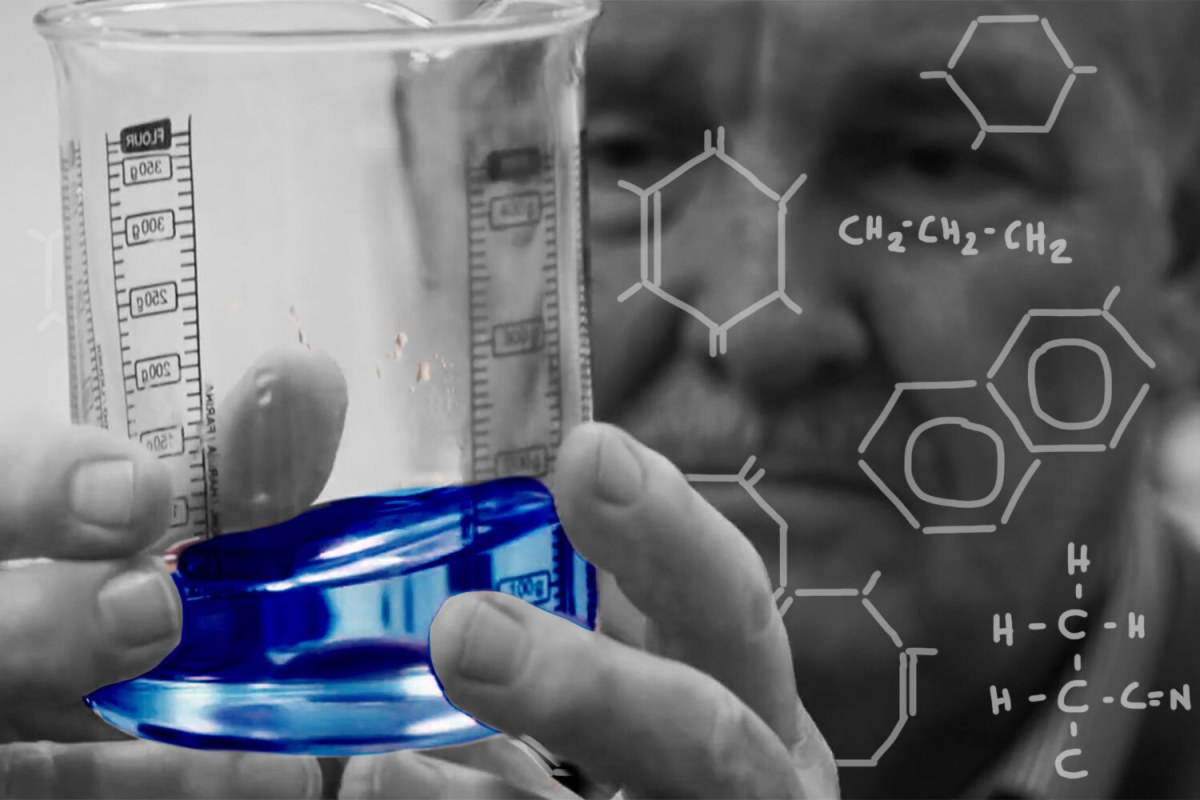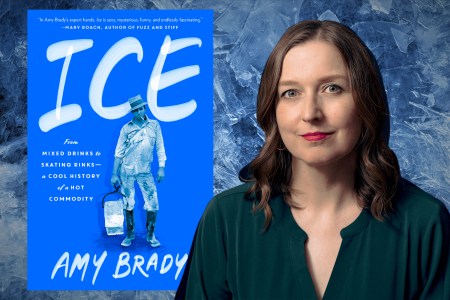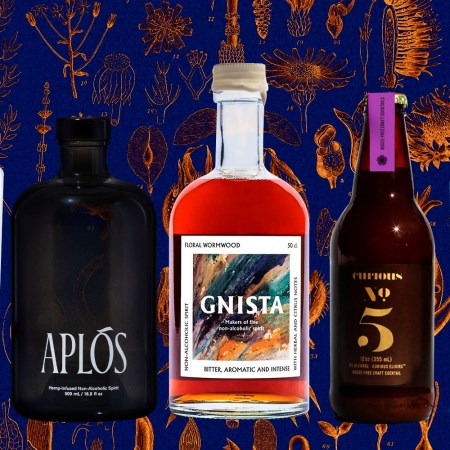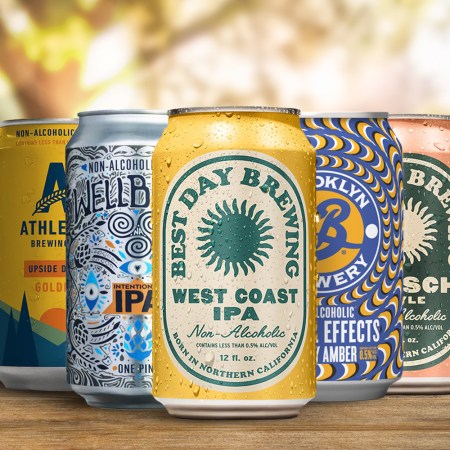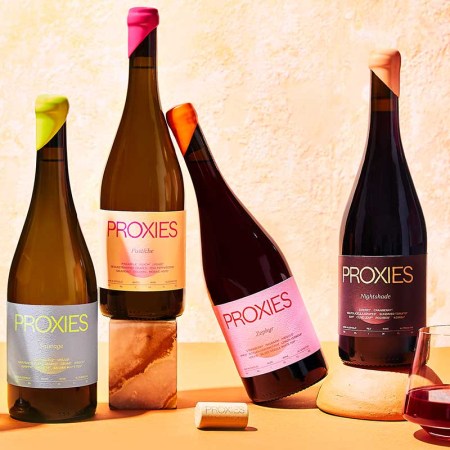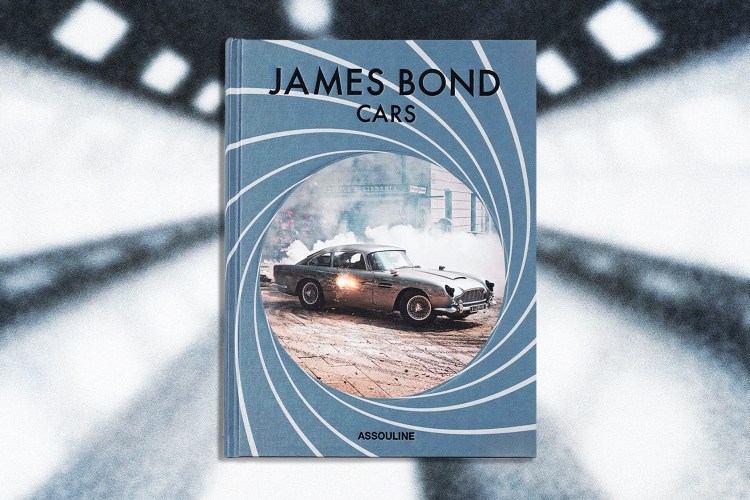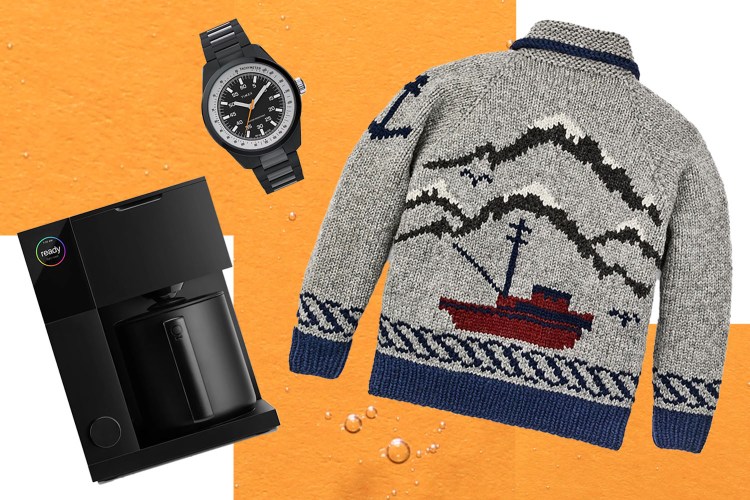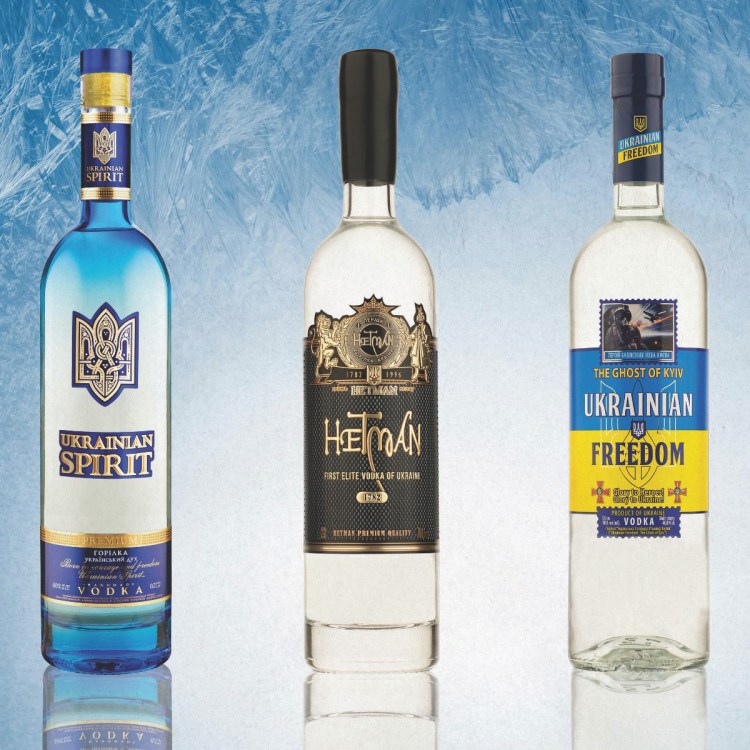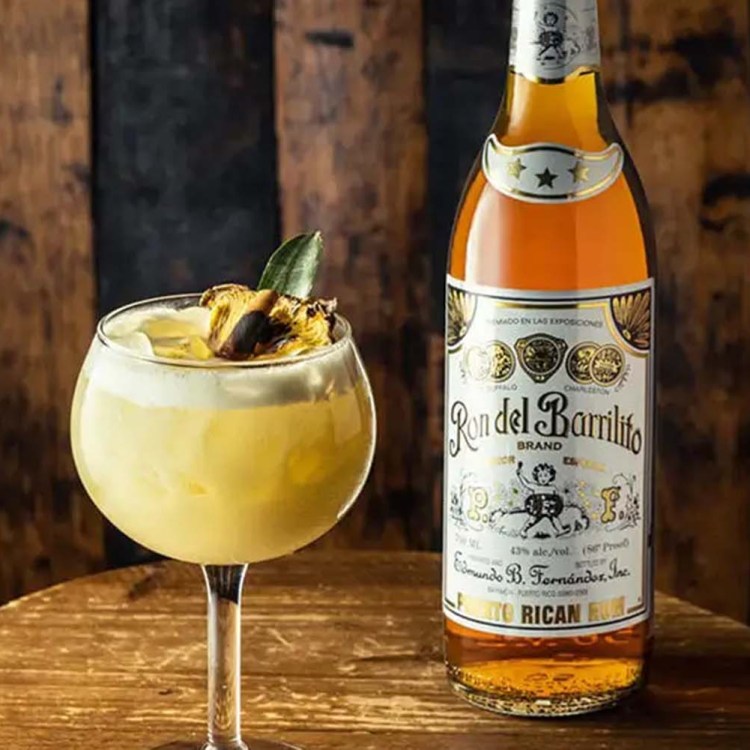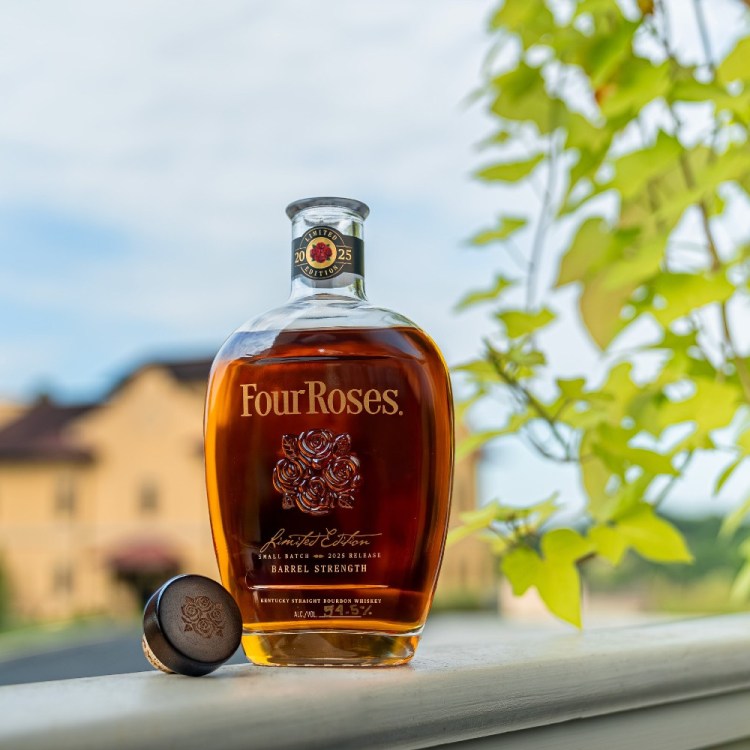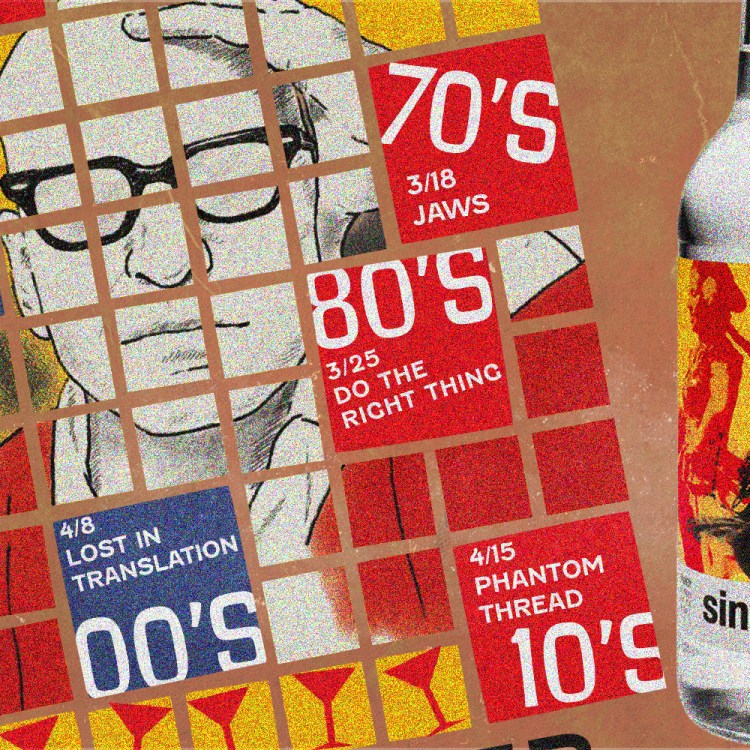David Nutt likes a drink. He even co-owns a bar. But he tries to limit consumption to the weekends, he says, “so I’m always up and bright enough [to work the next day]”. To this end, on weekdays he drinks something called Sentia, a precision mix of various time-tested herbal extracts. He says it can interact in clever ways with brain chemistry to mimic the sensations of a beer or glass of wine but without any alcohol involved.
If that sounds fantastical, Nutt knows of what he speaks. He’s a professor of neuropsychopharmacology at Imperial College, University of London; he used to run the research ward at the National Institute of Health in Washington, D.C.; and he invented a system to detect inflammation in the brain of Alzheimer’s and Parkinson’s patients. He also invented Sentia a couple of years ago at his U.K.-based company GABA Labs, named after gamma-aminobutyric acid (GABA), the building block of the brain’s primary inhibitory neurotransmitters. Much of Nutt’s work focuses on understanding how the brain’s inhibitory circuits work, and latterly how to toy with them to induce the same sense of calm and relaxation we get from booze.
“With Sentia I just wanted to prove that it’s possible to come up with a functional alternative to alcohol using botanicals, to establish the principle and get a conversation going, because really people haven’t thought the concept was viable or practicable, and likely haven’t heard of GABA either,” says Nutt.
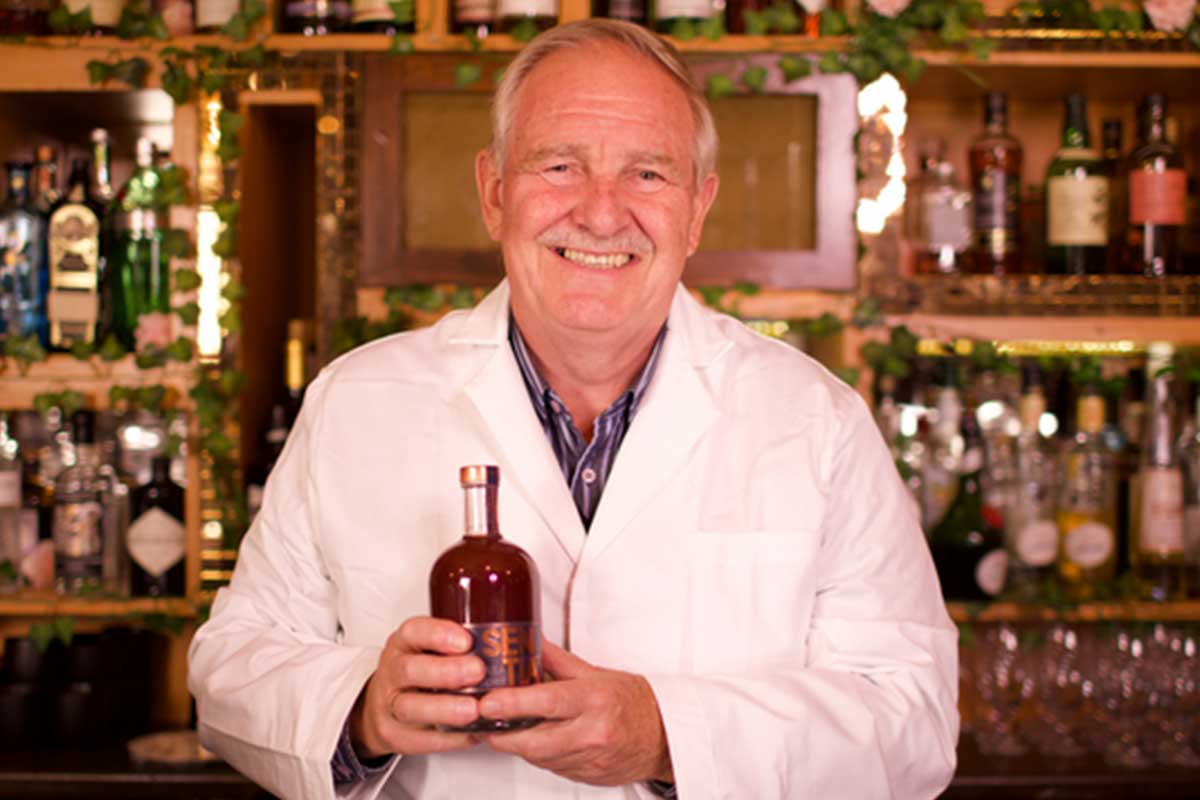
Indeed, Sentia is just the first step in his objective to provide an ethanol-free, more controlled route to the pleasant feeling of tipsiness without all the grim downsides. He’s currently working to isolate and manufacture up to 13 molecules — with historical safety records — that, his research shows, interact with the right brain receptors to give that chilled feeling but with none of the toxic messiness that so often follows achieving that using alcohol.
This is with a view to launching what he has dubbed Alcarelle — a spin on Canderel, one brand name for the compound developed to give the pleasure of sweetness without the calories. The aim is for Alcarelle to be a clean, tasteless liquid, licensed as an ingredient and, assuming the science works out, the inspiration for a new generation of non-alcoholic drinks, without foregoing that sense of decompression.
How Icemaking Changed Cocktail History Forever
An interview with Amy Brady, author of “Ice: From Mixed Drinks to Skating Rinks — A Cool History of a Hot Commodity”Nutt tells his investors that his chances of pulling this off are around 50/50 because it’s hard enough just getting his molecules into the body fast and then ensuring they don’t hang around in the body for too long, while also confirming that their effect is real but isn’t intoxicating like alcohol. “And then not least because this hasn’t been done before, so regulators are going to assess it with quite a microscope,” says Nutt.
But these odds may be overcautious — after all, it was Nutt who, as a Ph.D. student, provided the first proof of alcohol’s stimulation of the GABA receptors. And who went on to develop an actual antidote to feeling drunk…at least one that worked for rats. “The Nobel Prize never came for that one,” he laughs.
Happy to be something of a lab rat himself, Nutt has sampled early iterations of Alcarelle. “It makes you a little slack around the jaw, a little bit chatty, mellow, so I’m pretty confident people will find it does what they want it to do,” he says. With testing, regulatory approval as a food additive and the patent process all allowing, he’s upbeat about the prospect of getting something to market in the U.S. by 2026. This will be in the States first because, he argues, attitudes to licensing new food products are far more rational than in Europe or his native U.K.
Success in developing this first “synthetic” alcohol will likely make him and his investors very well-off, even (as Nutt hopes for) if Alcarelle aims for just 1% of what is a trillion-dollar-plus alcohol market. More importantly, it will also be a giant leap for drinking kind. After all, isn’t the ability to take the edge off without penalty an ideal scenario? In the utopian Star Trek universe they call the means of doing just that “synthehol” (they take being drunk in charge of a starship very seriously).
Nutt’s argument for creating such a thing as Alcarelle is simple. The jury is no longer out on whether alcohol is, in and of itself, good for us. Alcohol consumption can come with a spectrum of well-known costs, including hangovers, memory loss, poor judgment, liver damage, dependency and increased risk of several cancers.
In the past, Nutt has met a storm of trouble for arguing that alcohol is by far the most dangerous of potentially addictive substances. Indeed, he has something of a reputation for stating sometimes uncomfortable scientific facts — uncomfortable, at least, for big business, research funding bodies or government policy. He was once the U.K. government’s “drug czar” (aka the chairman of the Advisory Council on the Misuse of Drugs) until he noted publicly that, statistically, horse-riding is more dangerous than taking LCD or ecstasy. He even wrote a paper on the dangers of what he jokily called “equasy” or “equine addiction syndrome.” Not surprisingly, he was soon ousted.
“It was just a way of showing that drug harms not only can, but should, be seen in comparison with other harms, but the world seemed to just go mad in response,” Nutt recalls. “The Home Secretary [comparable to the Secretary of State in the U.S.] called me up and shouted at me. But it was all quite amusing even if I didn’t win the argument. Alcohol is morally bad and horse-riding is morally good — that seemed to be their conclusion.”

Yet, Nutt stresses, we know the downsides of alcohol, but choose to reap its benefits anyway. As most of us have learned to appreciate, alcohol’s effects can, in moderate doses and up to a point, be positive and pleasant ones, in terms of unwinding, sociability and big-picture mental health. So there seems a clear and simple need for a product that affords the benefits of slight drunkenness, without any of the many pitfalls.
“Alcohol has always had a special place in culture, in ceremonies, in many religions. But it has also long been divisive,” Nutt argues. “It brings people together but it causes problems. There’s a tendency to polarize thinking around alcohol such that we haven’t been encouraged to think there might be a third way. But the possibility is there.”
Remarkably, some have claimed that Nutt is trying to create not a safer alternative to alcohol but a new recreational drug — which if nothing else suggests someone is in denial as to why people drink alcohol. Arguably it’s the effect of alcohol that habituates us to what are, initially, often some pretty unpleasant flavors.
“But then [as a society] we don’t think rationally about alcohol — alcohol is alcohol and drugs are drugs, and the drinks industry has done a very good job at [keeping that separation],” he notes. “It’s semantics, not science.” Manufacturers of those compounds that might allow the development of Alcarelle at a much faster pace have chosen not to make them accessible to Nutt. “It’s just too radical, seen to be so left field,” reckons Nutt. “They don’t want to get into the battle with the drinks industry.”
Yet Sentia and Alcarelle are clearly timely products. Attitudes to alcohol appear to be undergoing a radical shift, with fitness and health awareness encouraging teetotalism — especially, ironically, among younger, seemingly more socially-awkward generations, for whom being out of control in the social media age is considered a high-risk choice. More people take part in Dry January every year and the market for non-alcoholic drinks is still small but likely to see exponential growth. Nutt even expects the drinks industry to get involved with functional ingredients like Alcarelle eventually, much as the soft drinks industry has invested in artificial sweeteners, the tobacco industry in vaping and the meat industry in lab-grown meat. Each is a tacit acknowledgment of the shifting tides.
“When I wrote the first [scientific] paper [on the use of molecules to simulate tipsiness] over a decade ago, I approached a major drinks company,” Nutt recalls. “They had maybe 150 scientists and the head scientist said to me, ‘We all know that we’re poisoning people,’ and ‘We all know that by 2050 the use of alcohol will be eliminated because we’ll be able to do that.’ I said, ‘Great, let’s start working together on making that happen.’ So he went back to his HQ and when I chased him up he said that the marketing department had told him, ‘We’ll all be dead by then, so we can’t be arsed to bring about any change.’”
“The fact is that alcohol is just a very easy, very big, well-established market and there are still people in it who don’t want to disrupt it,” Nutt adds. “But attitudes to alcohol are changing, in part because nobody now disputes the health harms of alcohol, and we’re already seeing the industry respond. In fact, something like Alcarelle could help save it. The idea of it was a threat to the industry. Now it could be a solution.”
Every Thursday, our resident experts see to it that you’re up to date on the latest from the world of drinks. Trend reports, bottle reviews, cocktail recipes and more. Sign up for THE SPILL now.
